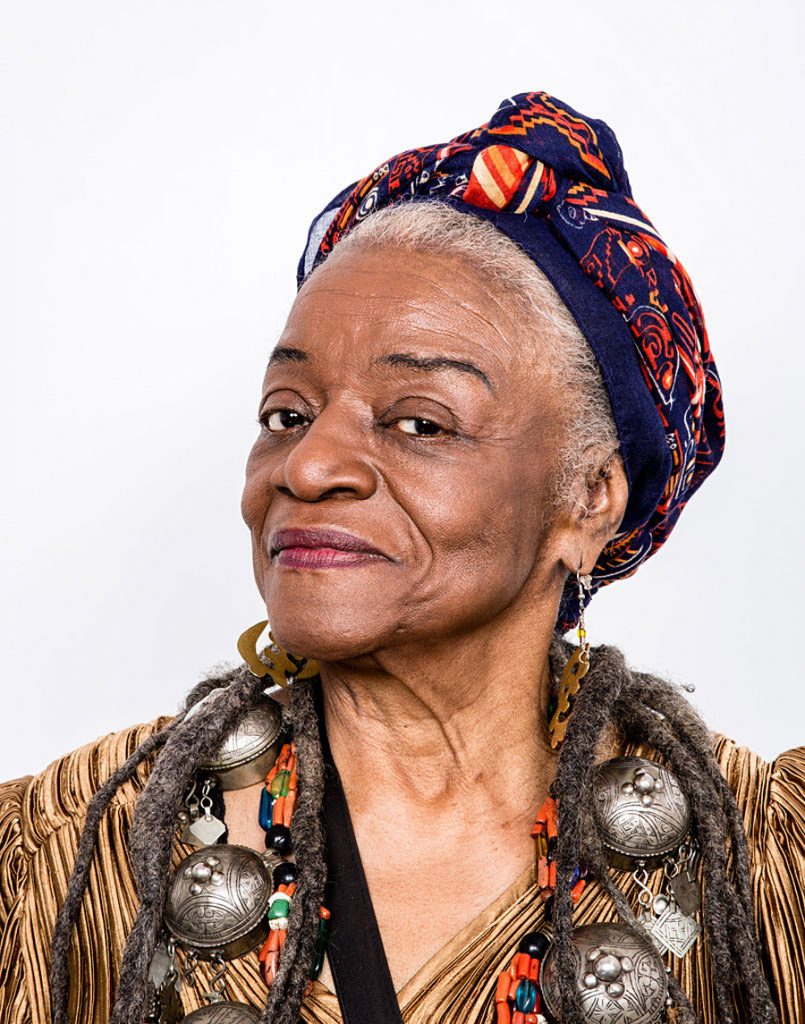
Photo: suzyquilts.com
Faith Ringgold is a trailblazing American multi-media artist, feminist, social activist, author, and art professor. She is one of the most significant artists of her generation. For more than five decades, the 89-year-old has used art to challenge perceptions of African American identity and gender inequality.
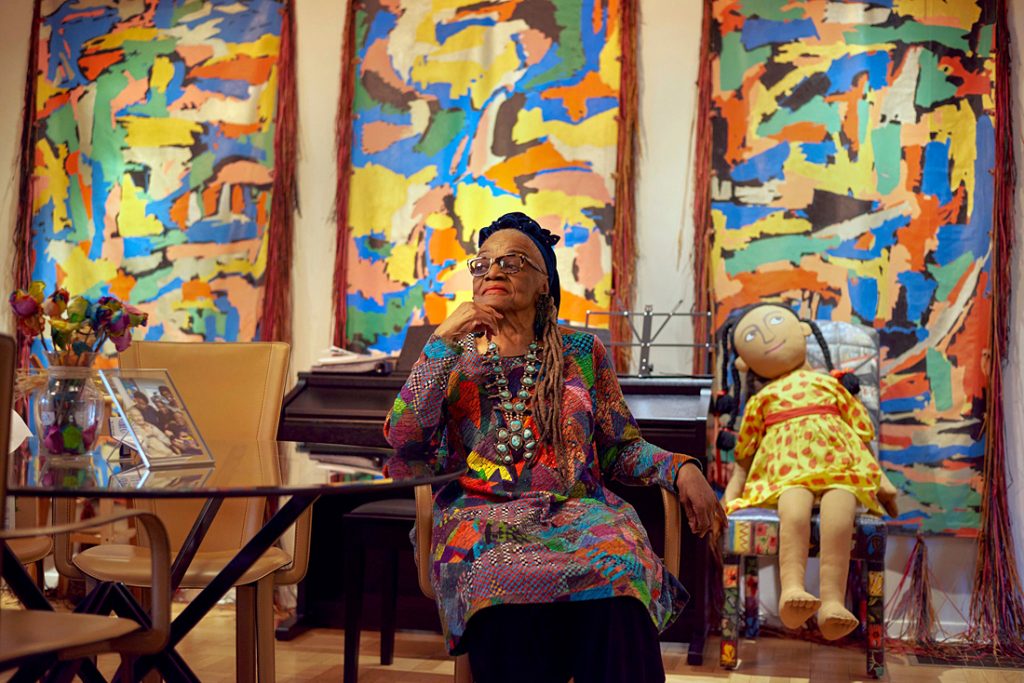
Photo by Meron Tekie Menghistab for The New York Times
Faith’s colorful, geometric artwork is a confluence of traditional African quilters, the writers of the Harlem Renaissance, French Art, Impressionism, and Cubism. Picasso and Matisse are ongoing inspirations. Like her fantastically vivacious artwork, Ringgold’s unique individual style, a mix of African textiles and Native American jewelry, is a synthesis of influences, a beautiful mosaic. Faith is a remarkable woman, a style icon for the times.
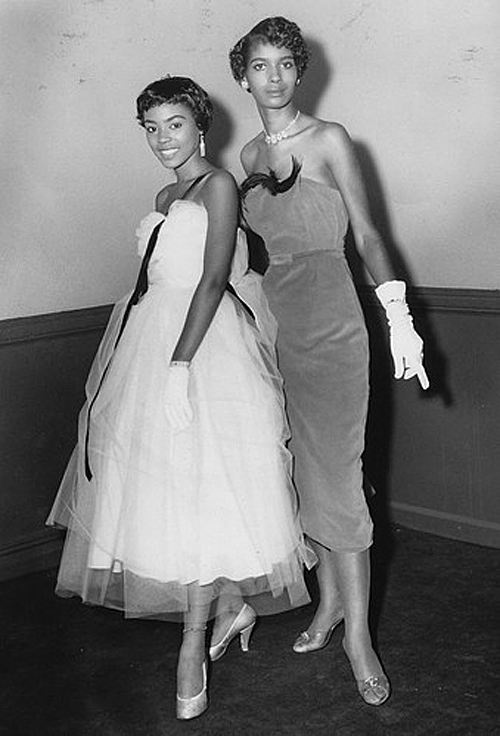
Ringgold was born in Harlem on October 8, 1930, at a time of cultural renaissance. Her mother, Willie Posey Jones, was a fashion designer, and her father, Andrew Louis Jones, was an avid storyteller. Faith grew up surrounded by the great artists, musicians, and intellectuals of the period. Faith was raised by a loving family in an environment that encouraged creativity.
“There was so much creativity around me: music, art, dance. But there was also the fact that as black people, we were denied a position in the art world “– Faith Ringgold.
After graduating from City College, where Faith received her master’s degree in 1959, she traveled to Europe, visiting museums with her mother and two daughters. This experience and a trip to West Africa in the 1970s profoundly affected Faith’s mask-making, doll painting, and sculptures.
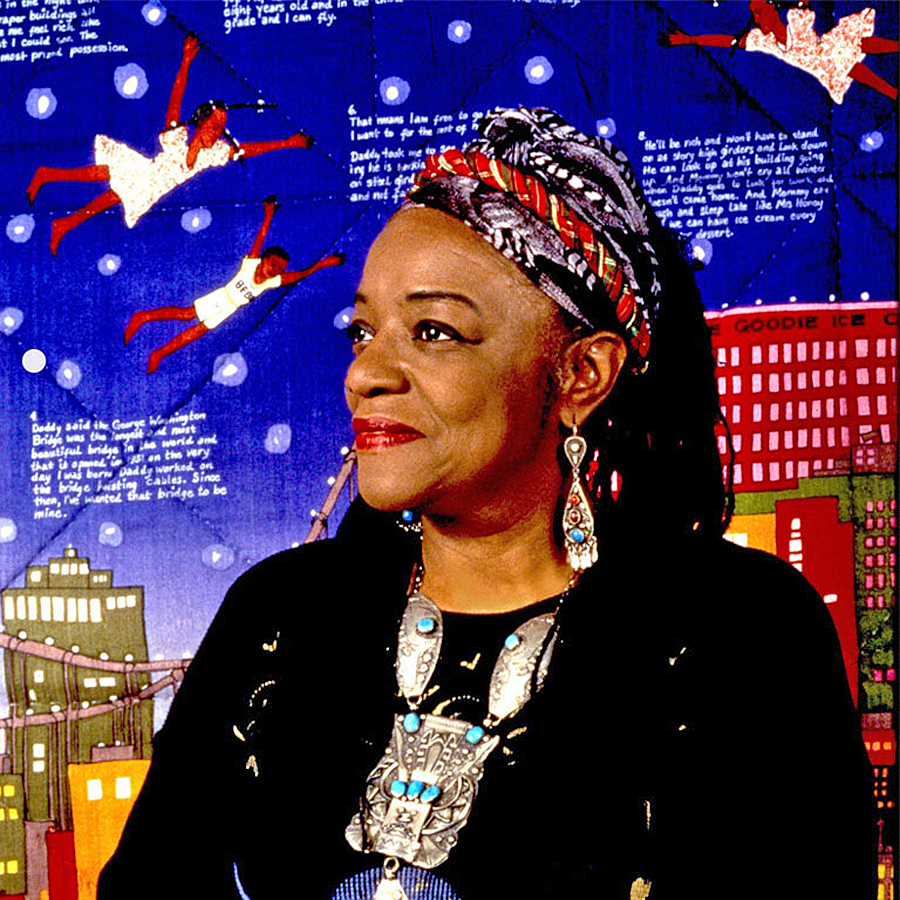
Ringgold has received over 80 awards and honors and 23 Honorary Doctorates. Art historian Julia Bryan-Wilson hailed Ringgold as “one of the earliest feminists to incorporate textiles into her practice.” Ringgold’s work is in the collections of major museums: the Met, the Guggenheim, the Tate Modern, the Whitney Museum, MoMA, Museu Picasso in Barcelona, the Philadelphia Museum of Art, and many more. Her work is currently part of the MTA’s Art in Public Spaces at Lenox and 125th St.).
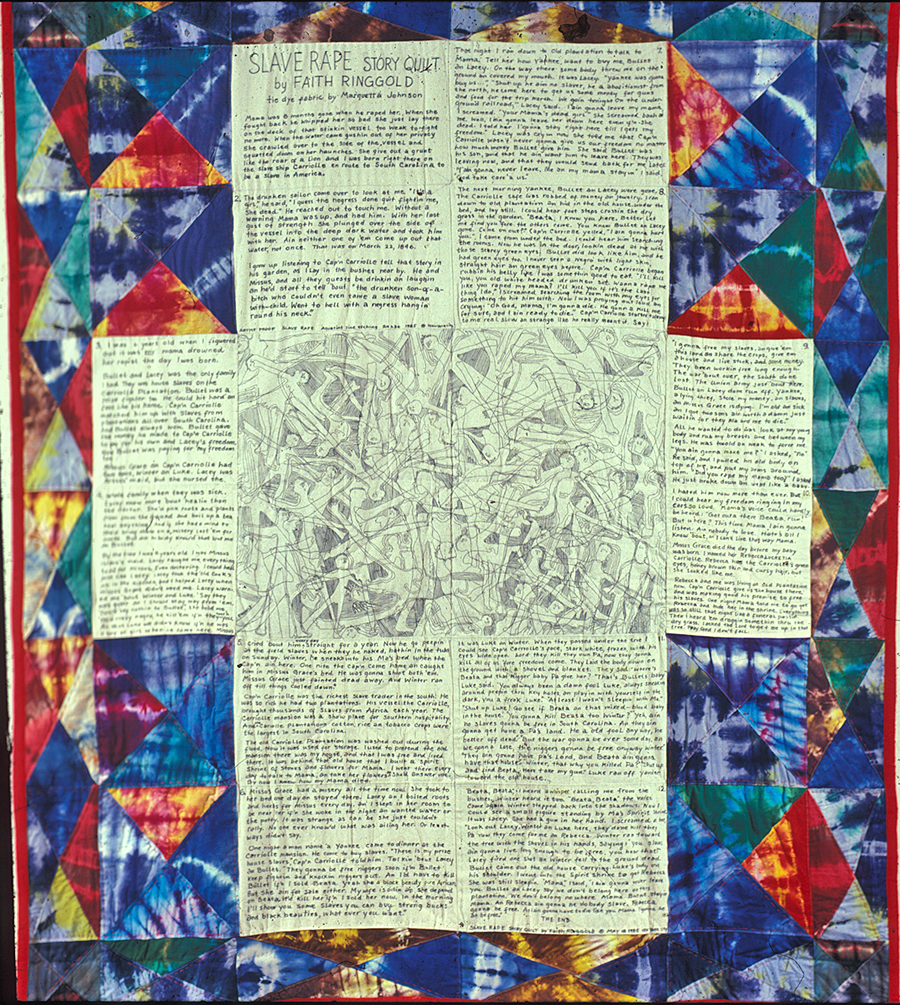
Photo: courtesy Faith Ringgold
Ringgold made a name for herself in the ’60s and ’70s with her political paintings. She is best known for her vibrant, emotionally charged storytelling quilts. Rooted in her family’s experiences of enslaved labor, these textile pieces combine personal narratives with historical and political references.
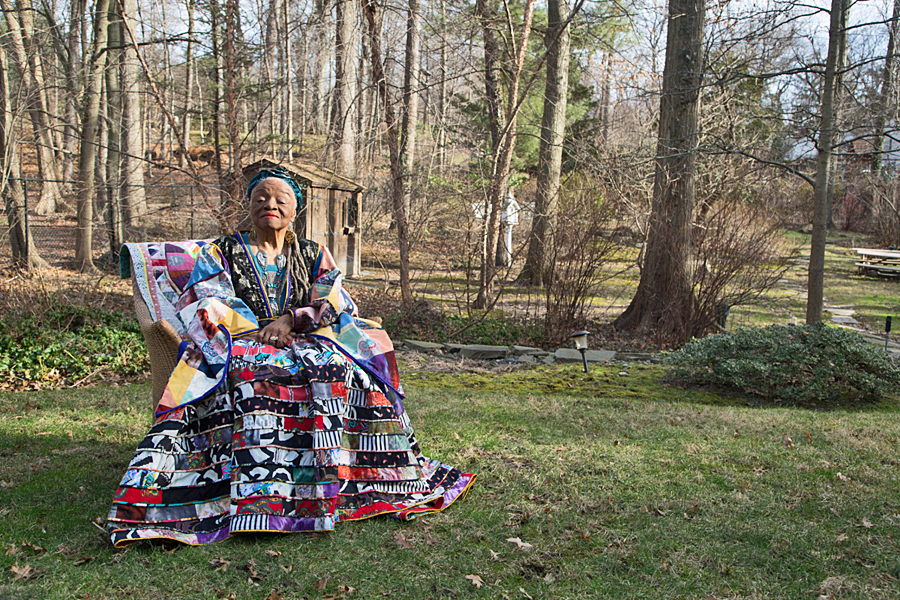
Photo: culturedmag.com
Faith began working with textiles as a child. She had asthma forcing her to spend a lot of time at home. Her mother gave Faith scraps of fabric to keep her entertained, and she taught her to sew. Working with fabric and quilt making is part of Faith’s family history. Faith’s great grandmother boiled and bleached flour sacks to line the quilts she sewed, and her great great grandmother was a slave in antebellum Florida. She made quilts for her white masters as part of her duties.
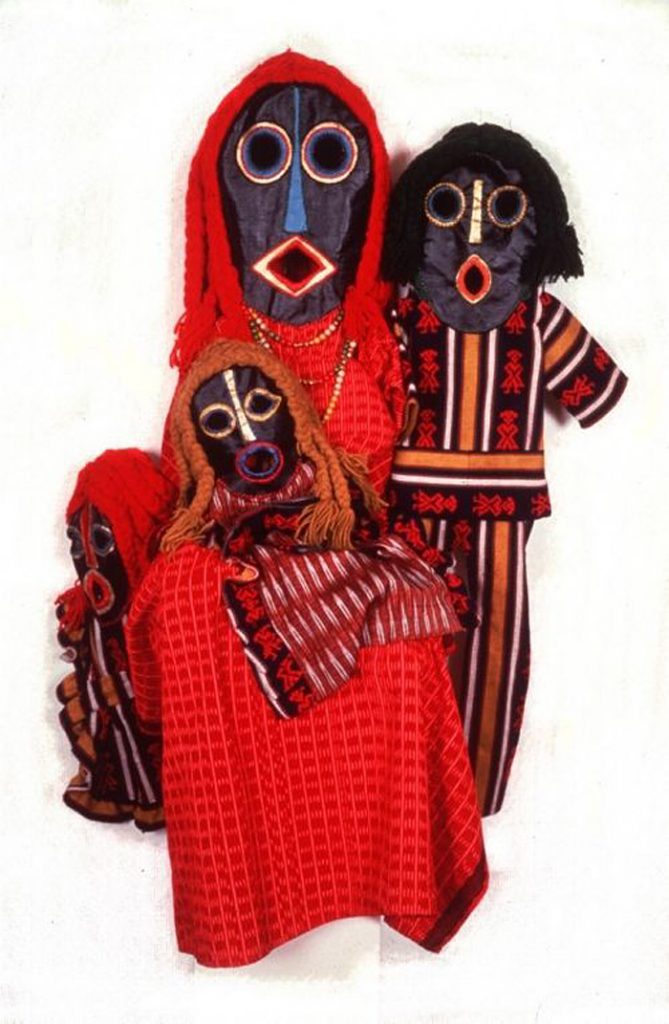
Photo: brooklynmuseum.org
Faith used fabrics to make Tibetan style paintings on canvas, soft sculptures, and dolls. Ringgold grew up with black dolls, and she made her first fabric art doll as an adult around 1970 with assistance from her mother. In 1974 Ringgold, who drew inspiration from people she knew growing up, created “The Family of Woman Series.” All of the soft sculpture figures are made of fabric; their faces resembled African masks. Also, her mother made the garments for 10 of the figures.
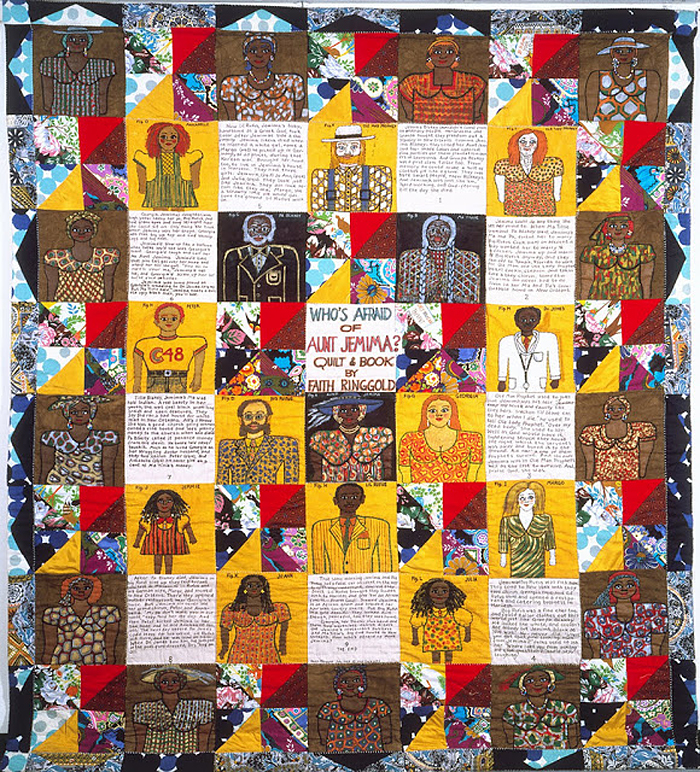
In 1980, Faith participated in an exhibition called The Artist and the Quilt. She collaborated with her mother to make her first quilt, Echoes of Harlem. In 1983, she created “Who’s Afraid of Aunt Jemima?” The text and the picture on the quilt tell a story about the struggles of African American women.
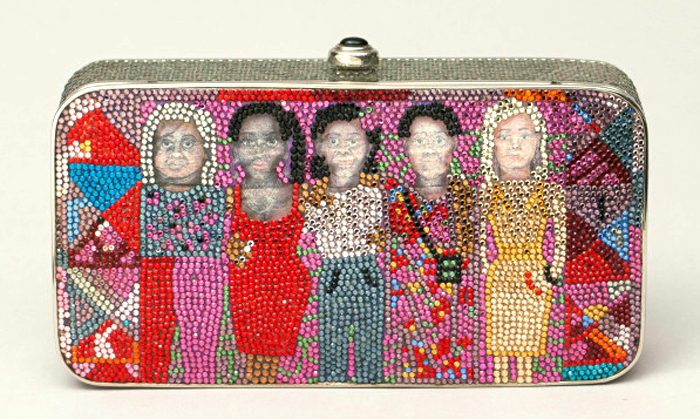
Photo: judithlieber.com
In the 1980s, Judith Leiber collaborated with Faith Ringgold. To help the Guggenheim Museum acquire one of her quilts, Leiber produced small editions of two Ringgold-inspired bags, including “Street Story Quilt” (1985) and “The Purple Quilt” (1986). Leiber designed this bag after detail from Faith’s quilt, based on “The Color Purple.” The Leibers bought Ringgold’s “Tar Beach” quilt, but because it didn’t fit in the apartment, they donated it to the Guggenheim Museum.
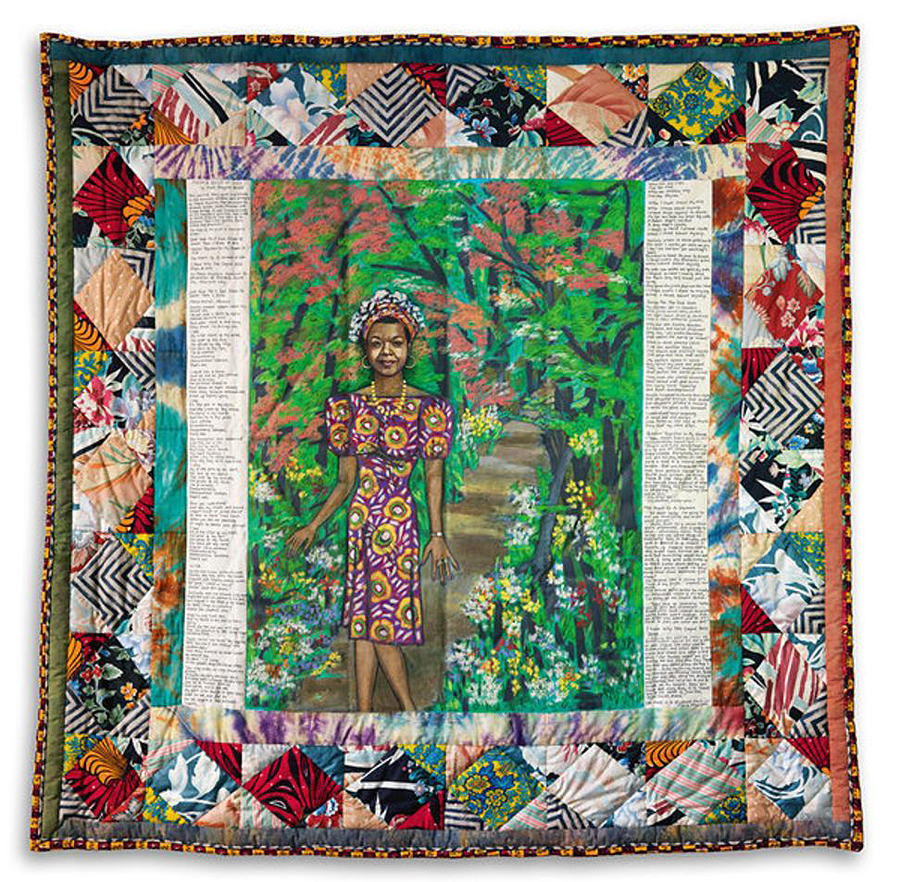
Photo: arfixdaily.com
In 2014, Ringgold created a temporary billboard for the High Line. It was a recreation of her colorful and paradigmatic story quilt Groovin High (1986), which depicted a crowded dance hall bordered by quilted hand-dyed fabrics. In 1989, Oprah Winfrey commissioned Faith Ringgold to make a quilt for Maya Angelou’s 61st birthday: the result, Maya’s Quilt of Life, now hangs in Crystal Bridges Museum of American Art in Alabama. It is the first quilt by the African-American artist ever to hit the auction market, brought $461,000 at Swann Galleries in New York on September 15. 2015. #
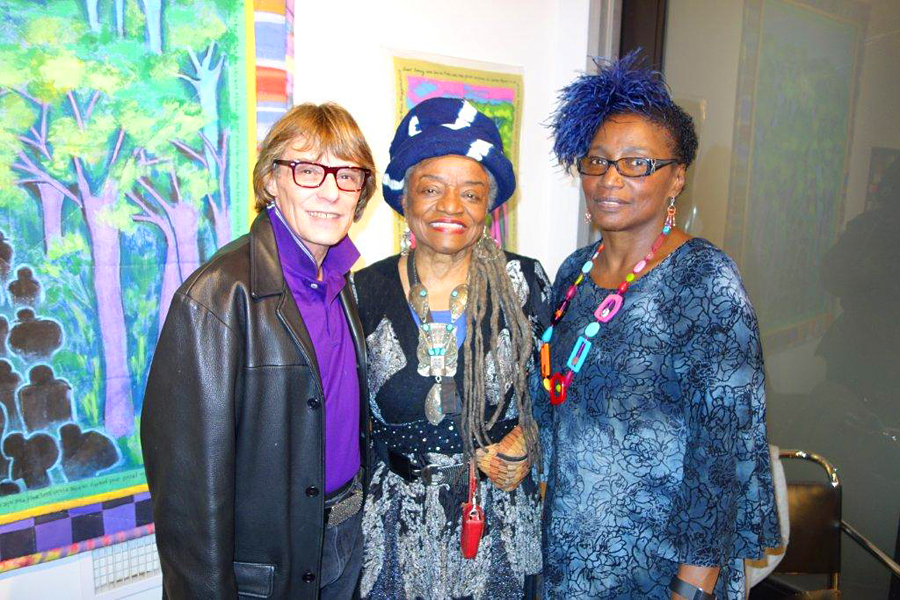
Photo: theafterlife.com
Ringgold is in the spotlight these days. Faith is usually in the company of her older daughter Michele Faith Wallace, a black feminist author, cultural critic, and Professor of English at the City College of New York. At 89, Faith refuses to slow down. “There is power in ageing” Faith has said. Her upcoming project, “Ageing-aling-aling” is a series of paintings with elderly subjects.
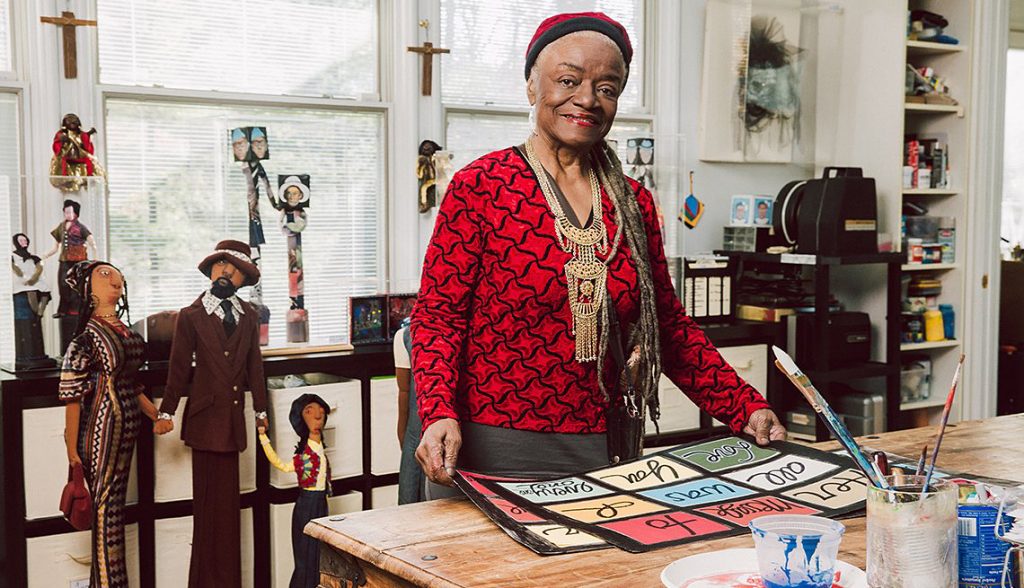
Photo: aarp.org
Faith is a fan of Sudoku, a Japanese number puzzle game touted to slow down the cognitive losses of aging. She recently designed Quiltuduko, a visual art adaptation of Sudoku. The rules are simple, the game can be a challenge, but the solution makes art. The game is available on Google Play for Android and iTunes for iPad and iPhone. Quiltuduko comes with 50 beautiful games (5 games are in the free version), original music was written by Faith Ringgold, and performed by Dr. Joe Camardo.
Faith Ringgold is represented by Dorian Bergen of ACA GALLERIES, 520 West 20th Street, where some of her artwork is currently on view.
Iris Apfel’s 100th birthday looked like the ultimate celebration—so iconic!
The MAD About Jewelry benefit looks like a stunning event—so much talent on display!
Love the deep dive into timeless fashion trends!

Our comments section is working again…

LOVE all of this. Thank you, Marilyn. <3

Thank you for your wonderful feedback Audrey..
Faith is amazing
this was a labor of love
fyi…my sister and brother in law have her artwork and they met her and her daughter at the ACA Galleries last year..they could not stop talking about her..!
Thank you Marilyn,
This was excellent. The New York Times did a huge spread. Yours was more intimate and told more of who she is. I would do the commentary for Madame Pusey’s Fashion shows. That was the late 50’s and 60’s. Faith did an interview with a curator from MOMA. That was wonderful.
Great reporting Marilyn. ❤️ Audrey Smaltz